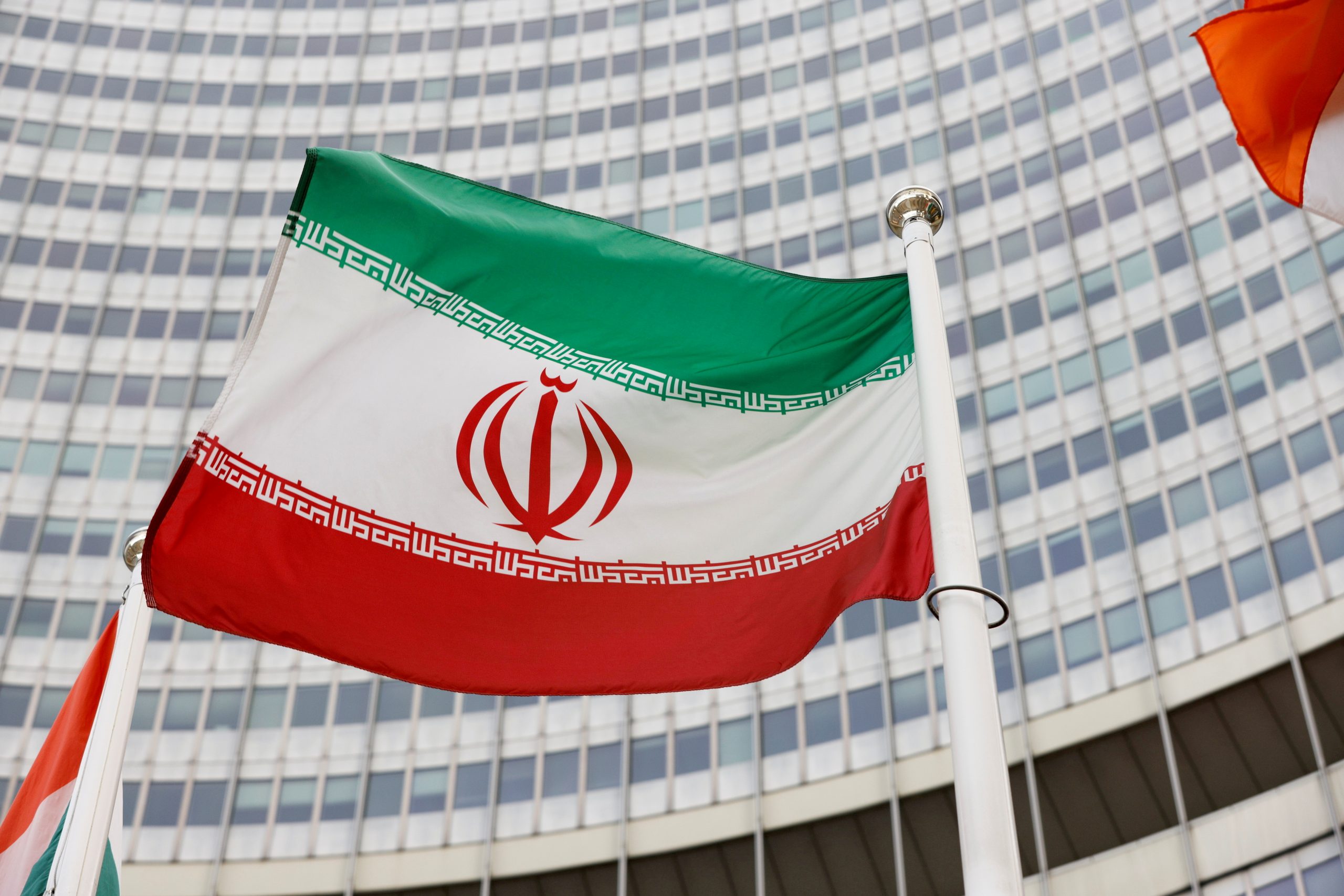
Chris Lieberman, FISM News
[elfsight_social_share_buttons id=”1″]
Iran denied a U.N. nuclear watchdog access to a nuclear site on Sunday, reneging on an agreement made with the U.N. only two weeks earlier.
On Sept. 12, the International Atomic Energy Agency (IAEA) struck a deal with the Atomic Energy Organization of the Islamic Republic of Iran (AEOI) allowing the IAEA to inspect and monitor Iranian nuclear facilities. As part of the agreement, the IAEA was due to service the cameras used to monitor the facilities and replace their memory cards this past weekend. However, Iran denied access to the TESA Karaj workshop, a site that produces centrifuge parts used to enrich uranium.
An IAEA statement reported that, “Iran from 20-22 September permitted IAEA inspectors to service identified agency monitoring and surveillance equipment and to replace storage media at all necessary locations in Iran with the exception of the centrifuge component manufacturing workshop at the TESA Karaj complex.” The statement also said, “The [IAEA] Director General [Rafael Grossi] stresses that Iran’s decision not to allow agency access to the TESA Karaj centrifuge component manufacturing workshop is contrary to the agreed terms of the joint statement issued on 12 September.”
In June, the TESA Karaj workshop was hit with an apparent sabotage in which one of the four IAEA cameras monitoring the facility was destroyed. Iran has not returned the destroyed camera’s memory card or responded to the IAEA’s request to locate or explain the missing footage.
Kazem Gharibabadi, Iran’s envoy to the IAEA, pushed back on the IAEA’s claim that this denial was in violation of the Sept. 12 agreement, stating on Twitter that, “During the discussions in Tehran & Vienna, Iran indicated that since Tessa Karaj Complex is still under security and judicial investigations, equipment related to this Complex are not included for servicing.” Gharibabadi further concluded that, “Any decision taken by Iran on monitoring equipment is only based on political rather than legal considerations and the Agency cannot and should not consider it as one of its entitlements.”
On Monday, Israeli Prime Minister Naftali Bennett fired back at Iran before the U.N. General Assembly, saying, “All red lines have been crossed, inspections ignored, all wishful thinking proven false. Iran is currently violating the IAEA’s safeguard agreements and it’s getting away with it… Iran’s nuclear program has hit a watershed moment. And so has our tolerance. Words do not stop centrifuges from spinning. There are those in the world who seem to view Iran’s pursuit of nuclear weapons as an inevitable reality, as a done deal, or they’ve just become tired of hearing about it.
Bennett then said that Israel would do everything within their power to keep Iran from gaining nuclear weapons:
Israel doesn’t have that privilege. We cannot tire, we will not tire. Israel will not allow Iran to acquire a nuclear weapon.”
The U.S. also sent a statement to the IAEA Board of Governors on Monday, saying, “We are deeply troubled by Iran’s refusal to provide the IAEA with the needed access to service its monitoring equipment, as was agreed in the September 12 Joint Statement between the IAEA and Iran.”
The U.S. vowed an “appropriate response” if Iran did not grant the nuclear agency immediate access to the workshop in question.
